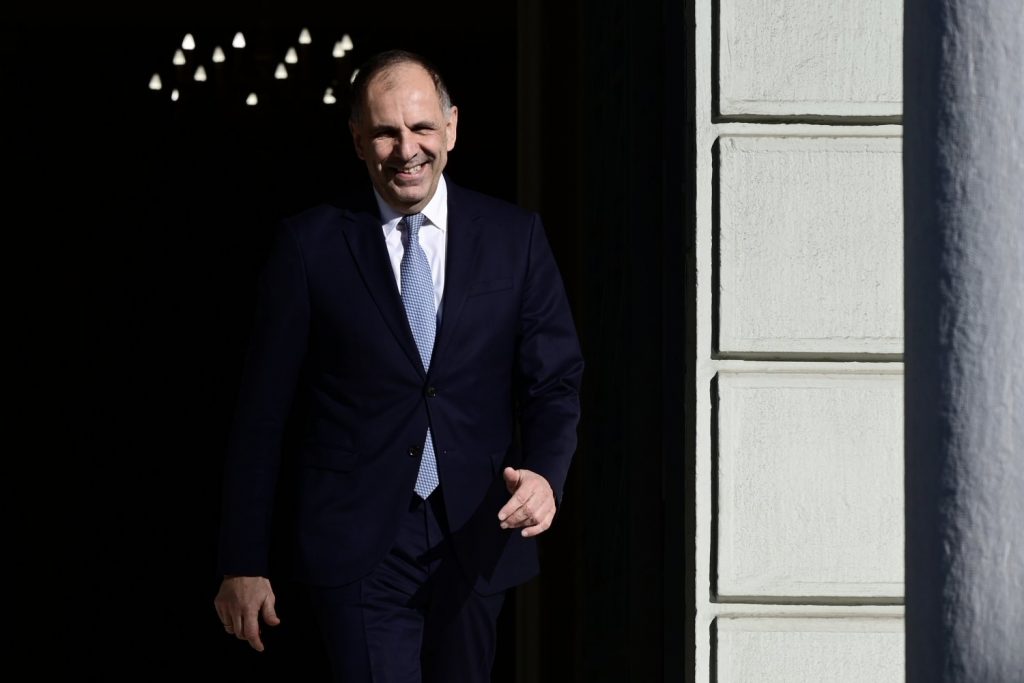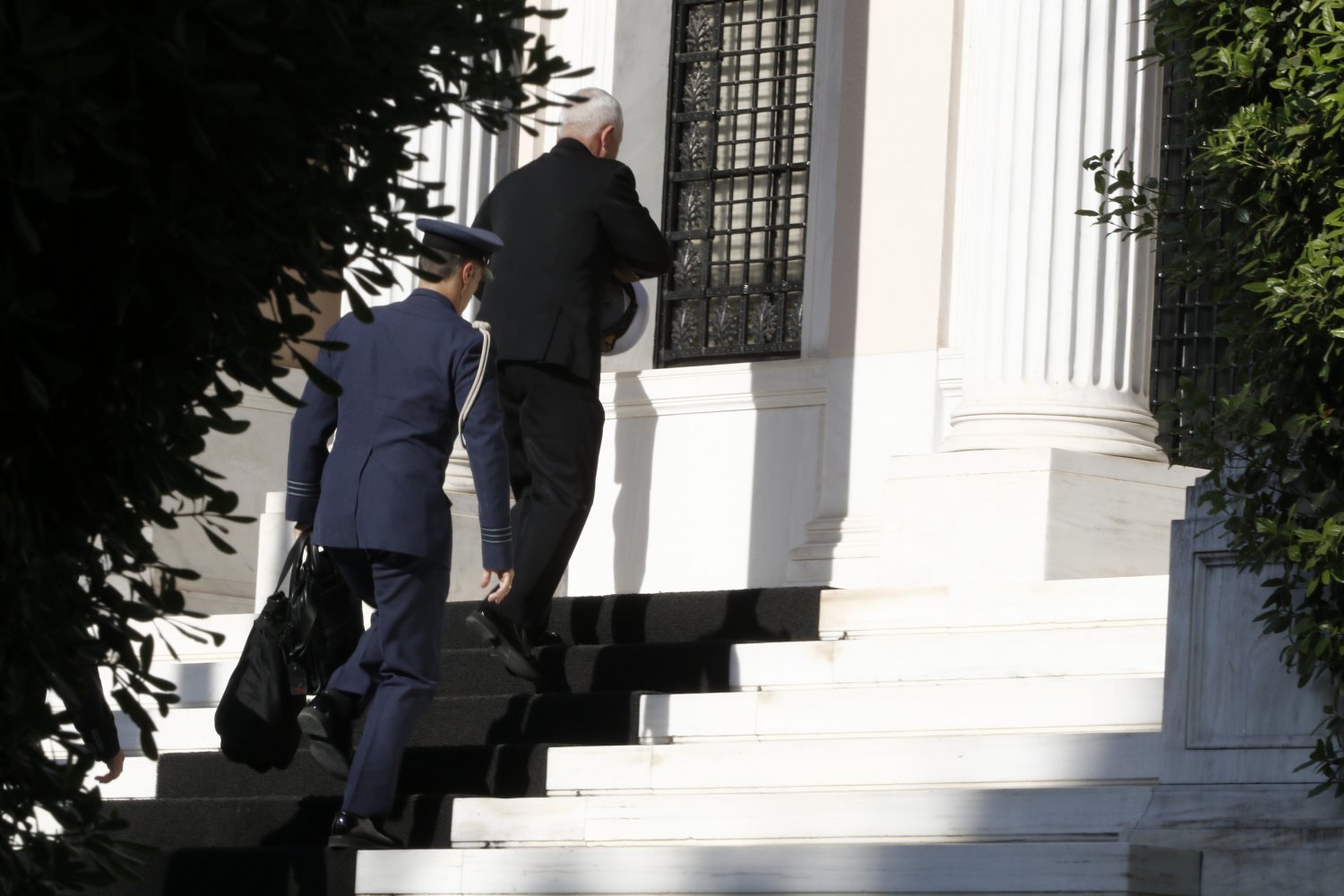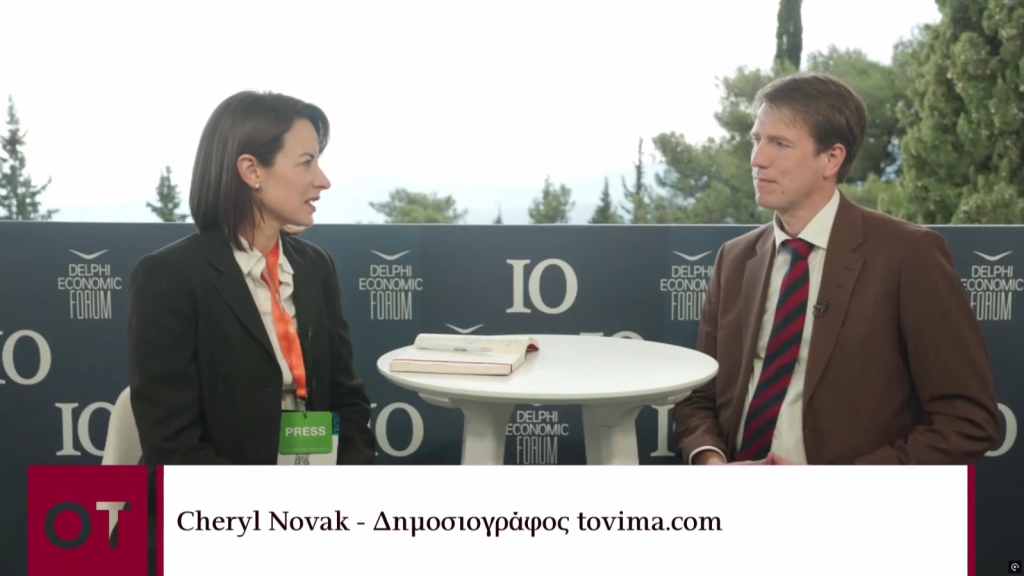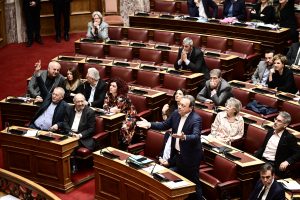Greece’s Council for National Security (KYSEA) convenes under Prime Minister Kyriakos Mitsotakis at the Maximos Mansion on Friday Dec. 13, amidst the escalating developments in Syria. The council meeting takes place just five days after the fall of the Bashar al-Assad regime in Syria and the focus of the agenda is expected to be the pending asylum requests of Syrians in Greece, as well as Athens’ general stance on addressing the burning migration issue.
Regarding the pending Asylum requests, as reported, a possible scenario would likely involve the revoking of these requests, a solution that is not being prioritized, as regardless of the internal state of a country, international asylum conventions remain in effect.
A second scenario on the table would involve delaying the examining of the requests of asylum seekers until the situation in Syria becomes clear and more stable.
However, despite the scenarios the general feeling promotes the repatriation of the Syrians, provided that the rights of religious minorities are respected by the new regime in Syria.
Regarding the issue of Syrian refugees, the Union’s Interior Ministers convened on Thursday in Brussels, with the participation of the Greek Minister of Migration. They agreed on the development of a joint mechanism for voluntary returns and emphasized the need to uphold the terms of the European Migration Pact.
European Union countries announced on Monday the temporary suspension of asylum applications submitted by Syrians. The Austrian government went a step further, announcing that it is preparing a “deportation program,” citing the “fundamental change in the political situation” in the Arab country, following the overthrow of the former Syrian President.
The European Commissioner for Migration, Magnus Brunner, called for facilitating the voluntary repatriation of Syrians on Thursday, but deemed that the forced deportation of Syrians against their will is not “feasible” at this stage.
In the diplomatic arena, Athens has aligned with the EU’s stance, welcoming the fall of Assad while remaining in anticipation of the philosophy and policies of the new power structures in Syria to emerge.
Decision making on the part of EU countries regarding developments in Syria is also influenced by international diplomatic balances being shaped in the war-torn country, as well as the positions taken by the major players—namely the USA, Russia, and Turkey.
It should be noted that Turkey is seeking to assert a key influence in the ongoing developments in the region, which is why İbrahim Kalın, the head of Turkey’s intelligence services, made a visit to the Syrian capital on Thursday.




